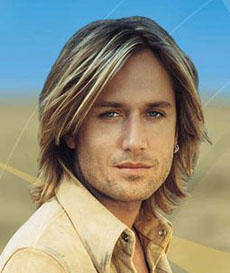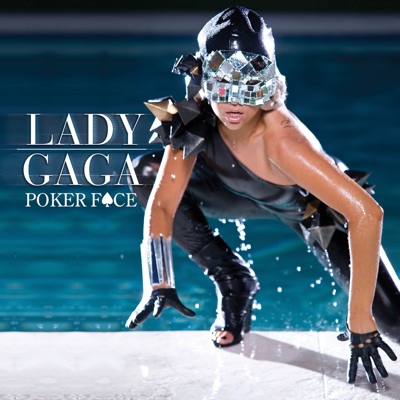“I feel turned on by it, I can’t help it. I can’t help myself.”
Videos by American Songwriter

BRIAN WILSON
Los Angeles, California 1988
Sleigh bells in the summer. Darkness in the sun. These dichotomies have been at the heart of Brian Wilson’s music since the start of the sixties when he, his brothers, a cousin and a neighbor started a band that would become an American institution: the Beach Boys.
Born on June 20, 1942 in Inglewood, California, he was the Beach Boy who preferred to fill his living room with sand rather than go to the beach. Though he was the architect of the “California Sound” and introduced surfing into the vocabulary of the popular song, he never surfed himself. He was a musical innovator who could never hear stereo due to deafness in one ear. As a kid, he was so terrorized by his father that he retreated to the only haven of safety in their suburban home — the piano. He was the one member of the Beach Boys who elected not to perform with them during their heyday, preferring instead to be at home writing songs of sea and sun while staying in the darkness of his own room, away from the ocean.
Do you remember writing your first song?
Yeah. “Surfer Girl.” I was about 19 when I wrote that.
Do you remember what it was that started you writing songs?
Yeah, my dad was a songwriter and I wanted to be like him.
You’re famous for writing happy, sunny songs. Is that something that naturally happened?
No, it’s just that I got jazzed on the renaissance of the ‘60s, you know. And I latched onto that spirit, and it’s very contagious to creativity. It’s like a bug that gets into you, like a flu bug.
You’ve been regarded as a musical genius throughout your career. Has that put too much pressure on you?
No, it doesn’t put pressure on me. The only thing that puts the pressure on me is having to live up to my name, you know. As who I think I might be or should be or am. According to people, what they think I should be. You know, everybody goes through it. I’m not the only one who goes through that. Everybody goes through it.
But not everybody is the driving force of the Beach Boys. You had the pressure to produce sunny, happy songs, even if you didn’t feel that way. What was that like?
I was on the spot. You know what it was, though, that’s when I was younger. Right? When I was in my twenties I was on the go all the time, producing, writing, you know, just creating all the time. It was such that it was a big burden on my shoulders. I took on a lot of karma and burdens on my shoulders. For some unknown reason, I just found myself involved in a name dilemma. After my twenties, when I was in my thirties and forties, I had age dilemma problems.
I say to myself, “I miss the feeling of being young.” I say, “OK, so I do. That’s established.” Then I go through that, I get back on the track, and I say, “Yeah, but I got a great brain. Maybe I don’t feel like taking a sprint every ten seconds down the street, but I have a great brain.” Know what I mean?
Yeah. And we see that being a songwriter is not like being an athlete. It’s not something you can do well only when you’re young.
Yeah. First of all, I want people to understand that I’m here to create for them. To create music for people so they’ll know that I’m a source of love. And they can depend on my name.
When you say the name Burt Bacharach, right away, [snaps fingers] it triggers off love melodies, harmonies, beautiful records, incredible songs that he wrote with Hal David. Know what I mean? That’s a source of love, right there, Burt Bacharach is. His name is. He might not be in that frame of mind today but his name is always in that frame of mind. Know what I mean?
That’s why when you’re sitting in a hotel room and somebody from another city around the world is getting-off on your music, you know, while you’re bumming it somewhere, it’s a well-taken thing. It’s taken very well by me and I appreciate the very thought of being able to entertain and write songs for people; it turns me on, personally. I feel turned on by it, I can’t help it. I can’t help myself.
* * * *
Senior Editor Paul Zollo’s book Songwriters on Songwriting (Da Capo) is currently in its fourth edition. Overflowing with candid interviews, Zollo’s keen questions with 62 songwriters provides an exciting and necessary read for anyone interested in the craft. From Bob Dylan to Frank Zappa, Merle Haggard to R.E.M., these interviews are nothing short of a treasure.
AmericanSongwriter.com readers can rediscover some of these classic Q&A’s. Check out the Paul Zollo Blog every other week to read excerpts from Songwriters on Songwriting.









Leave a Reply
Only members can comment. Become a member. Already a member? Log in.